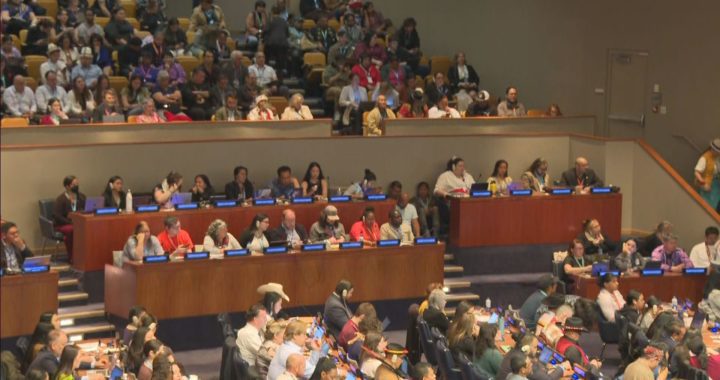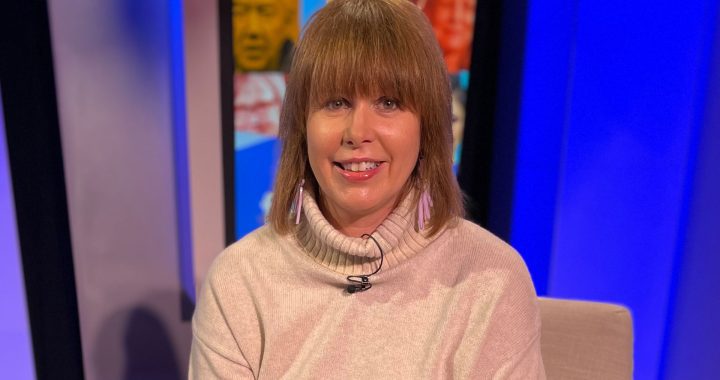When Heather Bear drives out to visit First Nations in Saskatchewan, the infrastructure gap is impossible to ignore.
Overcrowding. Ill-maintained houses. Sub-standard roads.
“The day needs to come when those aren’t the conditions that I see,” she tells Nation to Nation. “We really need to see the change on the ground. That’s my measuring stick, and we’re not there. We’re a long way from there yet. We need to do better.”
Federal ministers have fanned out across the country this week to sell the public on the Trudeau government’s housing-focused 2022 spending plan. The budget has received mixed reviews from Indigenous advocates and leaders so far.
It pledges $4 billion over five years for Indigenous housing, a welcome investment but still billions less than what’s needed, according to Bear, a vice chief with the Federation of Sovereign Indigenous Nations (FSIN).
“When we talk about housing across the country, we’re looking at about a $15-billion need,” she explains, “so it’s a start.”
Estimates of countrywide Indigenous housing needs vary. The budget earmarks $845 million for housing in Inuit communities, while the need in Nunavut alone is estimated at $2 billion.
The Liberal budget also pledges $4 billion for the Jordan’s Principle program, which exists to ensure First Nations kids have prompt access to necessary health care and social services.
Other significant allocations include millions to address the legacy of residential schools. There’s money for grounds searches, a legal adviser dubbed a “special interlocutor,” and the RCMP.
But flip to the end of this year’s budget and you’ll find a brief pledge to repeal and replace the First Nations Land Management Act with simpler legislation.
The act was passed in 1999 to ratify an agreement 13 First Nations signed with Jean Chrétien’s Liberal government three years earlier. Today, 194 communities have signed on.
The agreement — and not the act — enables them to opt out of the Indian Act’s paternalistic land-related sections and put their own land codes in place instead.
Robert Louie is the former chief of Westbank First Nation in British Columbia and current chairman of the First Nations Lands Advisory Board, which spent years pushing for this shift.
“The legislation as it was in the past gave the sense that the government of Canada gave the inherent rights, and that’s not really the case,” Louie tells N2N. “The inherent rights were there. This legislation now that’s in the making will clarify that.”
This land management regime, now approaching 30 years on the books, has occasionally been met with concerns from some leaders who fear opting in will lead to privatization, municipalization of reserve lands and surrender of title to the Crown — fears Louie says aren’t well founded.
“Since the mid-1990s we’ve been challenged by many who simply have misunderstandings of what the intent was,” he says. “We’re talking about the jurisdiction of First Nations peoples: having the full decision-making power over their lands, over their resources, and not being interfered with by government or outside agencies.”
And for a different take on that topic, N2N speaks with Ottawa-based comedian Janelle Niles, who is Black and Mi’kmaw from Sipekne’katik First Nation in Nova Scotia and founder of the Indigenous comedy showcase ‘Got Land?’
The showcase delivers laughs with a political edge that Niles says is all about using humour to tackle tough topics and build solidarity.
“Comedy is the last pinnacle of free speech, so we want to make sure that we’re saying what needs to be said,” says Niles. “We’re born political as Indigenous people and Black people. It’s all part of comedy to challenge the political spectrum.”
Watch all three interviews above.











